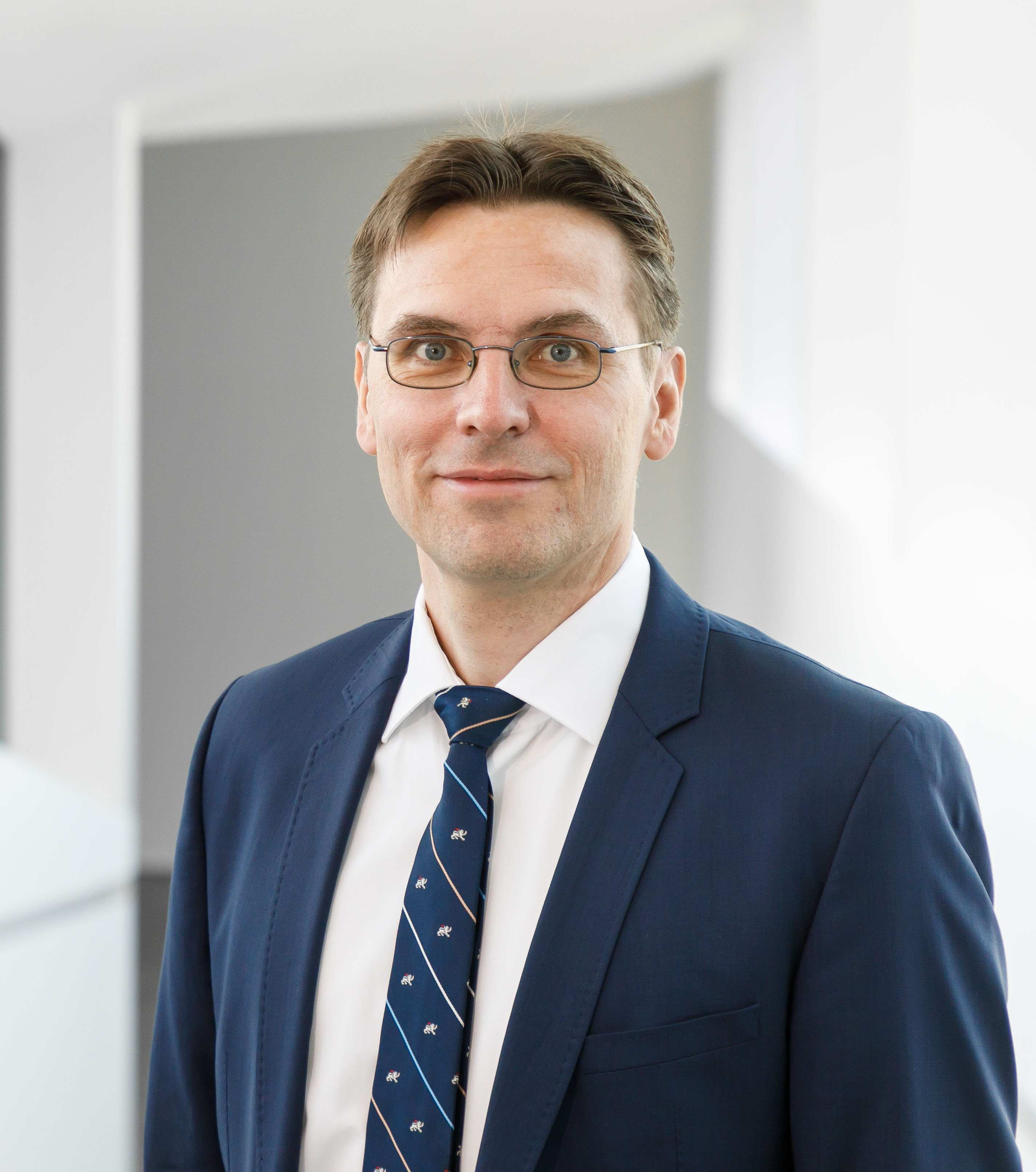Interview with Aswathy Koottummel and Roland Wassermann
Roland, you have been Corporate Director at ALPLA since mid-2022 and are responsible for the areas of strategy, sustainability and the circular economy – what appeals to you about your new role?
Roland: Several years ago, ALPLA recognised how integrally these three topics are linked and created the position of Corporate Director of Strategy, Sustainability & Circular Economy. Even today, this is the exception in other companies, although the issues are very closely related and mutually supportive. The fact that ALPLA has been taking this interplay into account in organisational terms for many years is a clear sign of how visionary and innovative ALPLA thinks about sustainability.



